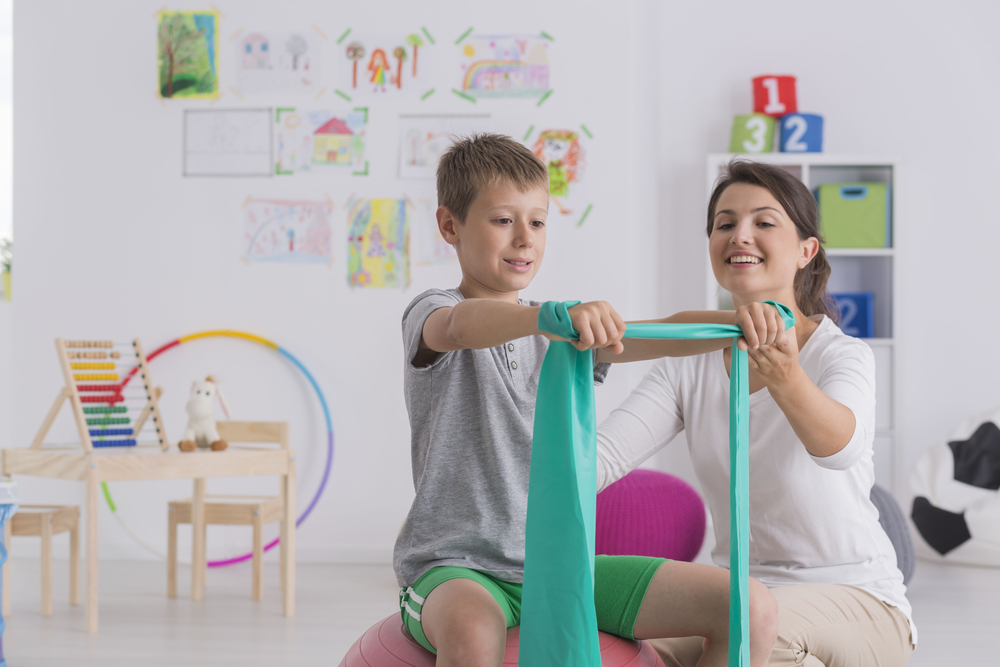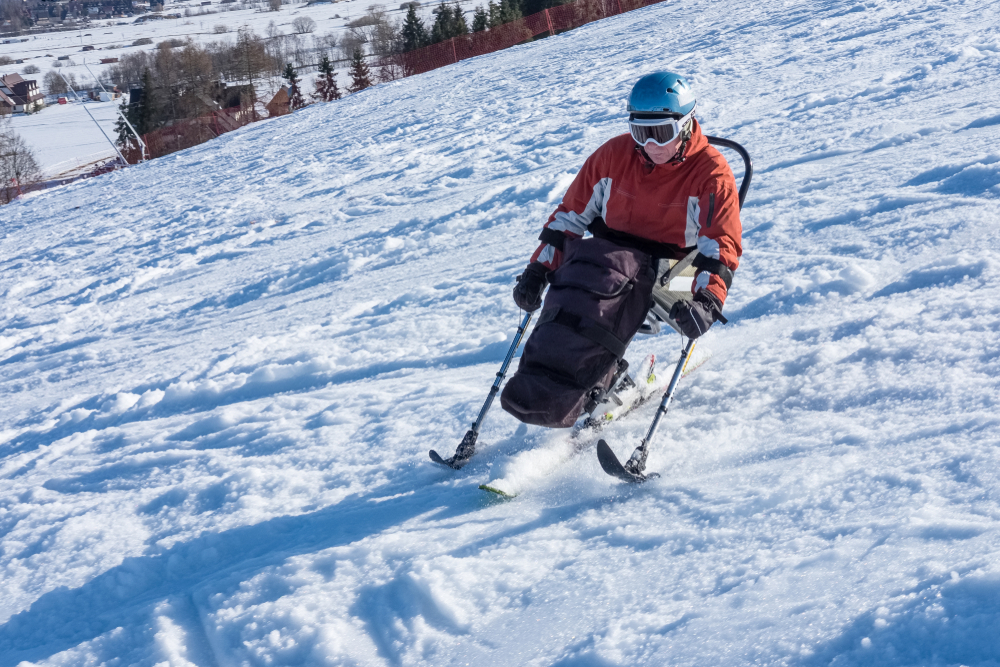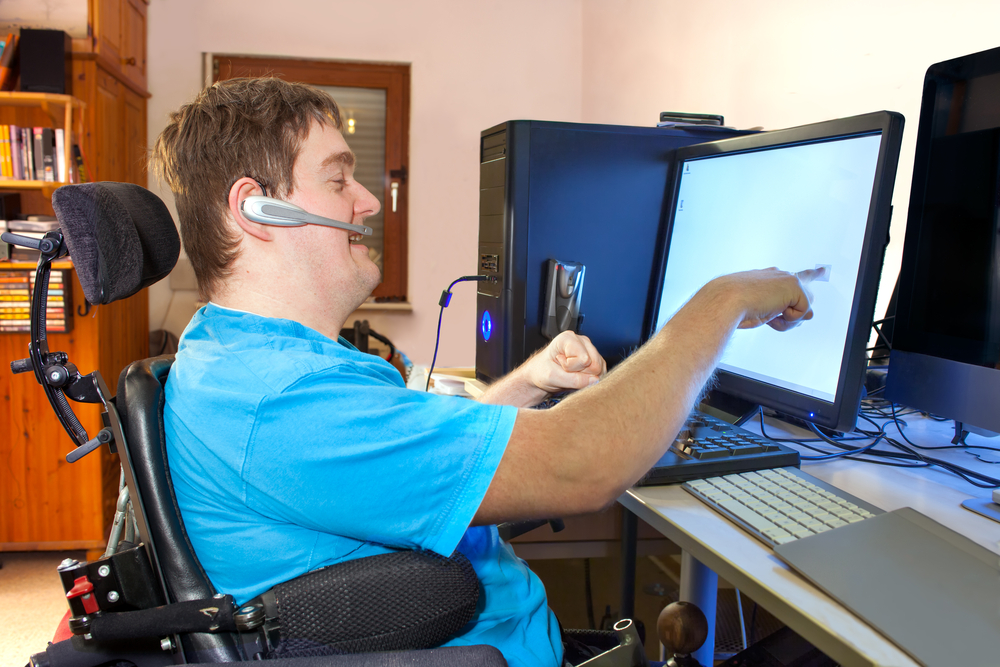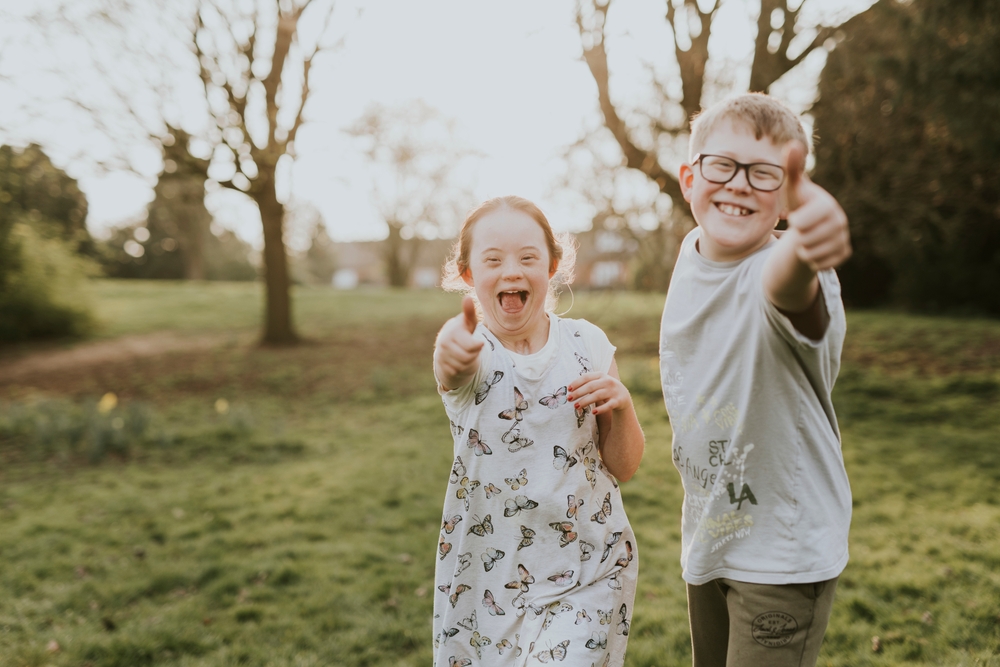Make an Appointment
Articulation is the ability to produce clear and accurate speech sounds. However, some individuals may have difficulty with articulation, which can affect their ability to communicate effectively. This is where speech therapy can help. Speech therapy can assist individuals with improving their articulation skills, and the first step in this process is an articulation assessment. In this article, we will explore everything you need to know about articulation assessment in speech therapy with Physio Inq Speech Pathology Paediatric mobile & in-home services.
Table of Contents:
I. How Do You Assess Speech Articulation?
II. What Are the 4 Types of Articulation Disorders?
III. What Is the Age Range for Articulation Survey Assessment?
IV. How Do You Target Articulation in Speech Therapy?
V. What Are the 5 Ways of Manner of Articulation?
VI. What Are Articulation Tests?
VII. What Are Two Common Articulation Problems?
VIII. What Are the 5 Common Speech Disorders?
IX. What Age Should You Start Articulation Therapy?
X. Single Word Speech Sound Disorders
XI. Phonological Processes
XII. Multisyllabic Words
XIII. Conclusion

How Do You Assess Speech Articulation?
Assessing speech articulation involves evaluating a person's ability to produce individual speech sounds, as well as their ability to produce sounds in words and sentences. Here are some common methods used in speech therapy to assess articulation:
Speech Sound Inventory: The therapist will assess the person's ability to produce all of the speech sounds in the English language. This inventory may include sounds such as /p/, /b/, /m/, /t/, /d/, /n/, /k/, /g/, /f/, /v/, /s/, /z/, /sh/, /ch/, /j/, /r/, /l/, and /th/.
Oral Motor Examination: The therapist will evaluate the person's ability to move their mouth, tongue, and lips to produce speech sounds. This examination may include activities such as blowing bubbles, whistling, or puckering the lips.
Speech Sample Analysis: The therapist will listen to the person's speech to identify any errors or patterns of error. They may ask the person to repeat certain words or phrases to assess their ability to produce specific sounds.
What Are the 4 Types of Articulation Disorders?
Articulation disorders are classified into four types based on the nature of the speech sound error:
Substitutions: When a person substitutes one speech sound for another. For example, a person may say "wabbit" instead of "rabbit."
Omissions: When a person leaves out a speech sound. For example, a person may say "bu" instead of "bus."
Distortions: When a person produces a speech sound incorrectly. For example, a person may produce a "lispy" /s/ sound.
Additions: When a person adds an extra sound to a word. For example, a person may say "shtop" instead of "stop."
What Is the Age Range for Articulation Survey Assessment?
Articulation survey assessment can be done on individuals of any age. However, the methods used to assess articulation may differ depending on the age of the individual. For example, younger children may need more visual cues to help them produce speech sounds, while older individuals may be able to follow verbal instructions more easily. It is important to note that while articulation assessment can help identify speech sound errors, a thorough evaluation may be needed to determine if the individual has a speech disorder.
How Do You Target Articulation in Speech Therapy?
Speech therapy can help individuals improve their articulation skills. Here are some common methods used in speech therapy to target articulation:
Articulation Drills: Repetition of speech sounds in isolation, words, and sentences. The therapist may use flashcards or other visual aids to help the person produce the correct speech sounds.
Minimal Pairs: Contrasting two similar sounds to improve discrimination and production. For example, the therapist may ask the person to distinguish between "cat" and "bat."
Phonetic Placement: Practicing the correct placement of the articulators to produce a sound. The therapist may use mirrors or other visual aids to help the person see the correct placement of their mouth, tongue, and lips.
What Are the 5 Ways of Manner of Articulation?
There are five ways of manner of articulation, which describe the way in which a sound is produced:
Plosive: When airflow is stopped and then released, producing a sound. Examples include /p/, /b/, /t/, /d/, /k/, and /g/.
Nasal: When airflow passes through the nasal cavity. Examples include /m/, /n/, and /ng/.
Fricative: When airflow is constricted, producing a hissing sound. Examples include /f/, /v/, /s/, /z/, /sh/, and /h/.
Affricate: A combination of a plosive and a fricative sound. Examples include /ch/ and /j/.
Approximant: When the articulators are close but not touching, producing a sound. Examples include /r/ and /l/.
What Are Articulation Tests?
Articulation tests are used to evaluate a person's ability to produce speech sounds accurately. These tests usually involve the person saying a list of words or sentences containing specific speech sounds. Some commonly used articulation tests include the Goldman-Fristoe Test of Articulation-Third Edition (GFTA-3) and the Clinical Assessment of Articulation and Phonology (CAAP).
What Are Two Common Articulation Problems?
Lisping is a common articulation problem where a person has difficulty producing the correct /s/ or /z/ sound. A lisp can be caused by several factors such as incorrect tongue placement, which leads to the air passing through the sides of the mouth instead of the front. It can also be caused by tongue thrusting, where the tongue protrudes forward and interferes with the airflow, leading to a distorted /s/ or /z/ sound.
Lisping can be categorized into three types, including interdental, dental, and lateral lisps. Interdental lisp occurs when the tongue protrudes between the teeth, while dental lisps occur when the tongue is placed against the front teeth. Lateral lisps are characterized by air escaping through the sides of the mouth, leading to a slushy sound.
On the other hand, rhotacism is a speech disorder where a person has difficulty producing the /r/ sound. This problem can be caused by tongue placement, muscle control, or phonological processing. Tongue placement issues may arise when the tongue fails to make contact with the hard palate, leading to a distorted /r/ sound. Muscle control problems may also arise when the muscles responsible for producing the /r/ sound are weak or not functioning correctly.
Rhotacism can also be classified into two types, including retroflex and bunched r. Retroflex r is characterized by the tongue being curled up and back, while bunched r is characterized by the tongue being bunched up in the back of the mouth.
Both lisping and rhotacism can affect a person's ability to communicate effectively and lead to social and emotional difficulties. However, with the help of a speech therapist, these articulation problems can be addressed through various exercises and techniques to improve speech clarity and intelligibility.
What Are the 5 Common Speech Disorders?
1. Articulation Disorders: Difficulty producing speech sounds correctly.
2. Language Disorders: Difficulty understanding or using language.
3. Fluency Disorders: Difficulty with the flow or rhythm of speech, such as stuttering.
4. Voice Disorders: Difficulty with the pitch, loudness, or quality of the voice.
5. Cognitive-Communication Disorders: Difficulty with communication due to cognitive impairment, such as dementia or traumatic brain injury

What Age Should You Start Articulation Therapy?
It is important to start articulation therapy as early as possible, as speech and language development begins in infancy. Early intervention can help identify any speech or language delays or disorders, and address them before they become more severe or affect other areas of development.
It is generally recommended to start articulation therapy for children between the ages of 2 and 4 years old, as this is when speech and language development is most active. During this time, children are learning to produce a wide range of speech sounds and are developing the ability to understand and use language.
However, it is never too late to start articulation therapy, and adults can benefit from therapy as well. In fact, many adults seek articulation therapy for various reasons, including to improve their professional communication skills or to address speech difficulties caused by medical conditions or injuries.
The specific goals and methods of articulation therapy will vary depending on the individual's needs and the severity of the speech sound disorder. A speech-language pathologist (SLP) will conduct a comprehensive evaluation to identify the specific speech sounds that need to be addressed and develop a personalized treatment plan.
In general, articulation therapy may involve exercises to improve tongue and lip movements, techniques to improve airflow and breath support, and practice producing specific speech sounds in various contexts. With regular practice and support from an SLP, many individuals can make significant improvements in their speech clarity and overall communication skills.
Single Word Speech Sound Disorders
Single word speech sound disorders are a type of articulation disorder that affects a person's ability to produce individual speech sounds correctly in isolation. These disorders may include difficulty producing sounds such as /s/, /r/, or /th/. Speech therapy can help individuals with single word speech sound disorders improve their articulation skills.
Phonological Processes
Phonological processes are patterns of errors that affect the production of multiple speech sounds, such as syllable structure, sound changes, and assimilation. These processes are common in young children, but if they persist past a certain age, they may indicate a phonological disorder. Speech therapy can help individuals with phonological disorders improve their ability to produce speech sounds correctly.
Multisyllabic Words
Multisyllabic words are words that contain two or more syllables. Some individuals with speech sound disorders may have difficulty producing multisyllabic words accurately. Speech therapy can help these individuals improve their ability to produce multisyllabic words correctly.
Conclusion
Articulation assessment is an important part of speech therapy, as it helps identify the speech sound errors that need to be targeted in therapy. Speech therapy can help individuals improve their articulation skills, and the earlier therapy is started, the better the outcomes. Understanding the methods used to assess and target articulation can help individuals and their families make informed decisions about their speech therapy.
At Physio Inq Speech Pathology, a national NDIS provider and a mobile and in-home allied health provider servicing across Australia, we offer quality speech therapy services to improve your single word speech sound disorders, phonological processes, and multisyllabic word production. Our experienced and qualified speech pathologists use evidence-based practices and individualized treatment plans to help you achieve your communication goals.
If you want to learn more about the articulation assessments and other speech therapy services we offer, please get in touch with our wonderful client services team on 1300 731 733. You can also book an appointment or make a referral today on our website. At Physio Inq, we are committed to providing you with the best possible care and support to help you reach your full potential.
Date Published: Thursday, March 30, 2023
Locate a Speech Pathology
Service Near me
Get the experience & convinence you deserve to support your or a loved one's allied health needs.
Our Speech Pathology team are currently serving & taking appointments in the following states and regions in Australia:
New South Wales
- Blacktown
- Blue Mountains
- Campbelltown And Macarthur
- Canterbury-Bankstown
- Central Coast
- Central West
- Eastern Suburbs Sydney
- Far West
- Georges River
- Hawkesbury
- Inner East Sydney
- Inner West Sydney
- Lower North Shore
- Murray
- Newcastle
- New England
- North Coast
- Northern Beaches
- North Sydney
- Orana
- Parramatta
- Penrith
- Riverina
- South Coast
- Southern Highlands
- South West Sydney
- Sutherland Shire
- Sydney CBD
- The Hills Shire
- The Hunter
- Upper North Shore
- Waverley
Australian Capital Territory
Northern Territory
Western Australia
Victoria
South Australia
Need to get into direct contact with ur Client Services team? We're all ears. Call our team directly on 1300 731 733
Explore Articles
By Popular Topics
Explore Articles
By Allied Health Services
Explore Articles
By Body Parts

Explore Articles by Allied Health Services








